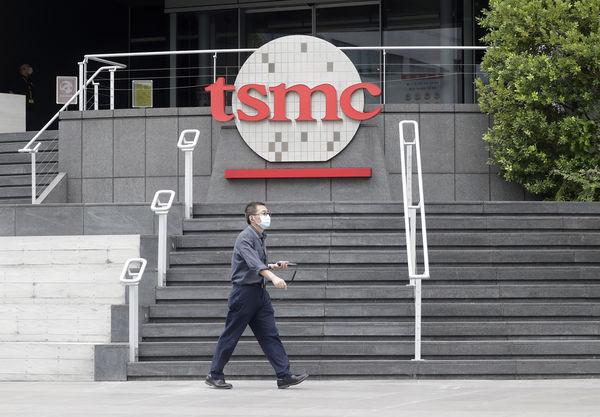
According to Taiwanese media reports, Taiwan Semiconductor Manufacturing Company (TSMC) has cut orders to suppliers. The company, which is facing an industry slowdown as customers struggle with slowing demand, also cut capital spending for 2022 earlier this year, citing a lack of demand forecasts as the main reason for the reduction. Now, the company is also rumored to have slashed its 3-nanometer production forecast for this year, in the latest speculation surrounding the advanced chip-making technology it plans to put into production this quarter: TSMC's average monthly 3-nanometer production will drop by 77%, the report said.
Today's report, provided by United News Network (UDN), speculates that TSMC has begun cutting orders from its suppliers. These orders form the back-end or upstream of the semiconductor manufacturing supply chain, and they involve a variety of products, such as TSMC's sourcing of silicon wafers and other consumables to keep its machines running.
UDN's sources believe TSMC has reduced those orders by as much as 50%, and orders have been reduced after factories also cut spending. The cut in orders also sent shockwaves through the chip industry due to the company's critical nature as Taiwan's largest and leading chipmaker.
TSMC and the chip industry have also been facing inventory corrections this year, and the company expects these to continue and likely peak in the first quarter of next year. However, the chipmaker is seeing strong demand for its leading 3-nanometer technology, whose tape-out volume is twice that of TSMC's earlier technology, as its CEO Dr. Wei Zhejia outlined in a recent earnings call. times or more. In the chipmaking industry, tape-out refers to the final design of a company such as AMD that is sent to the chipmaker so that the latter can tailor its device to the product.
According to TSMC's suppliers, the order flow started to weaken in the last quarter, and this has continued into this quarter and into the first quarter of next year. In its latest earnings report, TSMC shared that it faces difficulties sourcing chip-making equipment, especially keeping up with orders from customers, which, combined with an industry slowdown, is forcing the company to reduce spending.
On the topic of 3-nanometer, the picture that UDN paints is not very good either. Its sources indicate that the monthly average capacity of the new technology, which was previously expected to be 44,000 units, has now dropped by 34,000 units to 10,000 units, a decline of 77%. The main reason behind the decline was a drop in orders from Apple and Intel -- which also faced delays for its own technology -- while Apple chose to launch its M2 PC in March. These mean that TSMC won't make any chips for Apple this year, and as Intel itself faces delays, its products using some of TSMC's chips won't see orders coming in until later.
Today's report is the latest reality in a bleak turn in the outlook for the chip industry, which was one of the top performers back in the last year, as chipmakers see an influx of orders following the coronavirus pandemic and the auto industry boom. Unable to be at the bottom.

